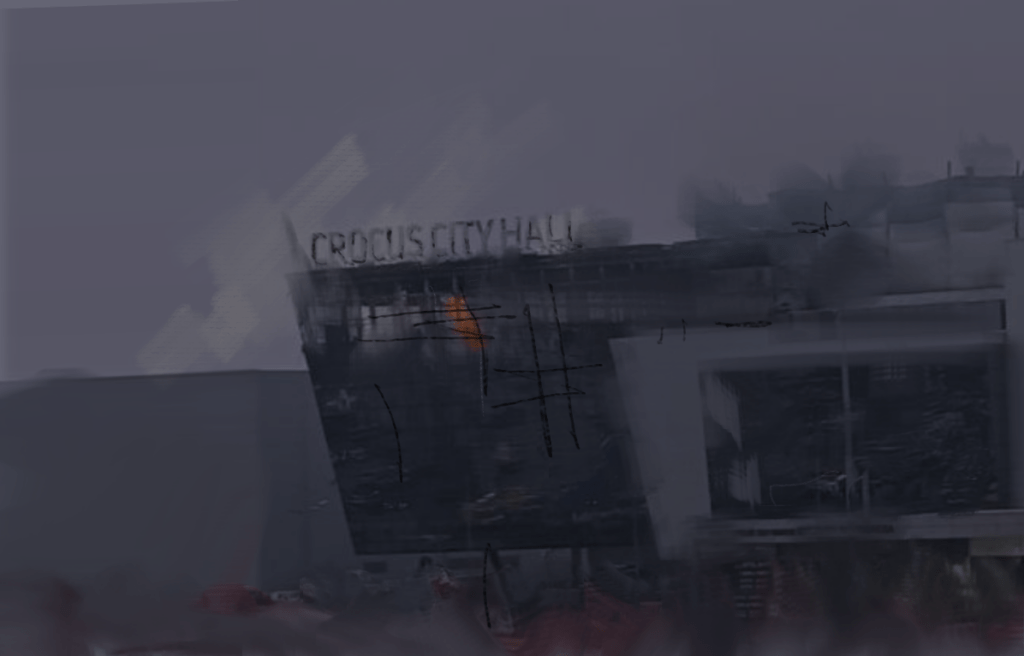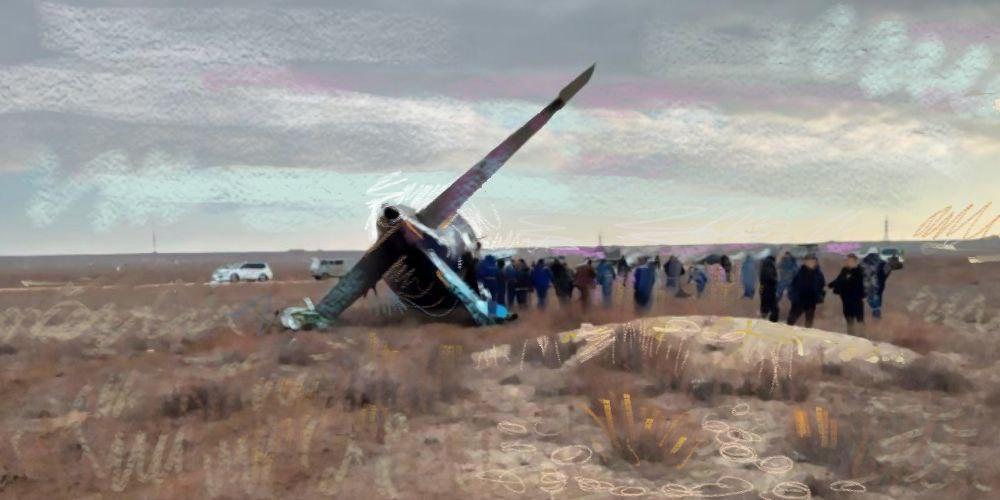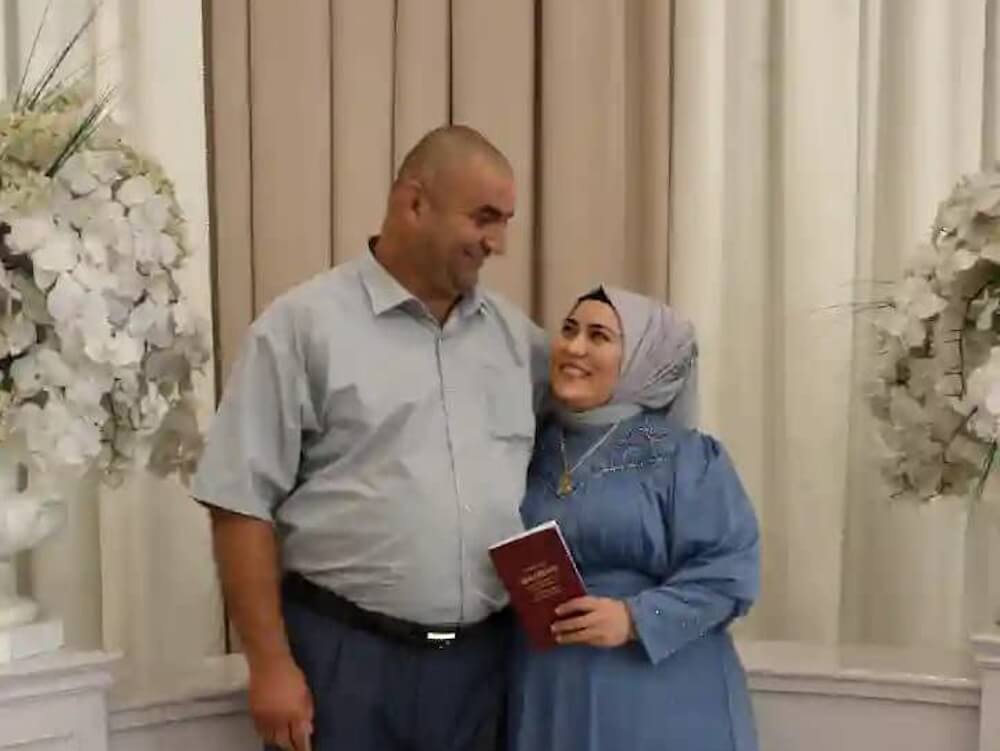The investigation of the fatal crash of an Azerbaijan Airlines plane in Kazakhstan after it diverted from Russia is a major international test for Kazakh authorities, who have promised a full and impartial inquiry even as the theory that Russian air defenses had fired on the aircraft gains traction. Kazakhstan, which is in charge of the probe of the crash that killed 38 people near the Caspian Sea city of Aktau on Wednesday, has cautioned against a rush to judgment before all the evidence has been assessed. But it must navigate emerging tensions between Azerbaijan and Russia, which have put forth conflicting narratives about what happened, as well as the possible challenge of collecting evidence from the plane’s original destination of Grozny, the capital of Russian Chechnya. Azerbaijan and Russia say they are collaborating with the investigation by Kazakhstan, which comes amid geopolitical rifts over Russia’s full-scale invasion of Ukraine and the efforts of countries in Central Asia to balance their interests among major trading partners and rival powers. In a sign of the growing international complexity of the crash inquiry, Turkish Transport Minister Abdulkadir Uraloğlu said Friday that his ministry was dispatching an eight-person team to Baku, Azerbaijan’s capital, “to examine all aspects of the incident” at the request of Azerbaijan's civil aviation authorities. Also, a team from the Brazilian company that produced the Embraer 190 plane has arrived in Kazakhstan to help with the investigation. On Friday, Kazakh President Kassym-Jomart Tokayev updated his Azerbaijani counterpart, Ilham Aliyev, on the investigation and and “assured that the Kazakh side will make every effort to ensure a comprehensive and objective clarification of all the circumstances of the air crash,” Tokayev’s office said. The two leaders agreed that their governments will stay in close contact during the investigation. Azerbaijan Airlines, meanwhile, said on Friday that preliminary results of the investigation showed that the Brazil-produced Embraer 190 plane on the Baku-Grozny route had crashed because of “physical and technical external interference,” a possible reference to an attack by the city’s air defenses and alleged communications jamming at a time when Russian authorities said there was a threat from Ukrainian military drones. The airline, also known by the acronym AZAL, said it had suspended flights from Baku to a total of 10 Russian cities because of concerns about flight safety. Also Friday, Dmitry Yadrov, head of Russia’s Federal Air Transport Agency, gave an account of the circumstances surrounding the crash that did not address the airline’s version. Yadrov said the plane was unable to land in Grozny because of a restriction requiring all aircraft to leave the area due to alleged Ukrainian attempts to attack civilian infrastructure there, according to Russia’s state-run news agency RIA Novosti. There was dense fog around the airport and the Azerbaijan Airlines plane tried to land twice before deciding to proceed across the Caspian Sea to Aktau, he said. Some commentators in Azerbaijan have expressed frustration with varying initial accounts from Russian official sources of what caused the crash,...






